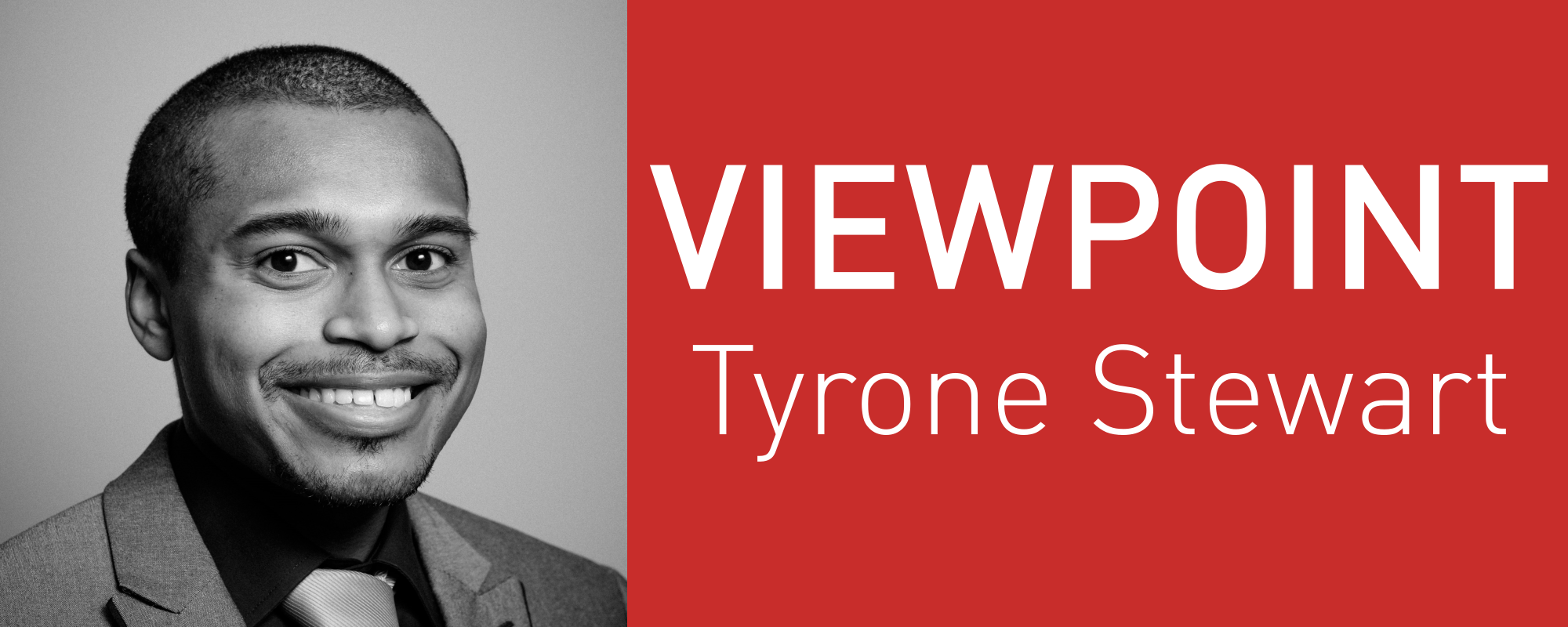Viewpoint: Cambridge Analytica saga a wake-up call, but why are you deleting Facebook?
- Wednesday, March 21st, 2018
- Share this article:
 As you are likely to have heard by now, Facebook is in a little bit of trouble after it was revealed that a UK-based analytics company collected data from 50m American users on the social network without permission and used it to target US voters during the presidential campaign. This has led to lawmakers on both sides of the Atlantic demanding answers from the tech giant, people all over the world boycotting the platform – while heading to Twitter as part of a #DeleteFacebook campaign – and caused Facebook’s stock price to plummet.
As you are likely to have heard by now, Facebook is in a little bit of trouble after it was revealed that a UK-based analytics company collected data from 50m American users on the social network without permission and used it to target US voters during the presidential campaign. This has led to lawmakers on both sides of the Atlantic demanding answers from the tech giant, people all over the world boycotting the platform – while heading to Twitter as part of a #DeleteFacebook campaign – and caused Facebook’s stock price to plummet.
So, it’s not looking so great for Facebook. And we are still yet to hear even a peep from Facebook’s most senior executives like CEO Mark Zuckerberg and COO Sheryl Sandberg.
We are still yet to mention how downright despicable the other party involved in this fiasco is. In hidden camera footage from Channel 4, Cambridge Analytica’s (now suspended) CEO Alexander Nix was shown suggesting that his firm could use ‘honey traps’ and bribery to discredit politicians. Meanwhile, internal emails have shown that he used the n-word to describe black clients. And it may have also influenced elections in Africa.
It’s also worthwhile to make a comment about Cambridge University academic Aleksandr Kogan and his Global Science Research company, which provided the user data to Cambridge Analytica, though Kogan claims he did not know that handing the data over was a problem and believes he is being unfairly blamed.
Now, this type of incident has been a long time coming for Facebook (and it’s likely other companies would have exploited its data as well). The amount of user data the company has at its disposal is frightening and it has long used this data to facilitate the targeting of individuals by advertisers. Of course, it’s also important to note that Facebook was aware of Cambridge Analytica back in 2015 but decided not to tell the affected users what happened, instead opting to make changes to its policies and warn the analytics firm under the radar – showing Facebook was clearly wary of the negative impact this news could cause.
Despite all the clear reasons to point fingers at Facebook and chastise it for its failings, I’m not entirely sure most people actually know why they’re going to #DeleteFacebook and are mostly just bandwagoning, and everybody may be overreacting just a tad.
For a start, anybody that doesn’t know how much data owns on them needs to pay more attention (and its gullible to believe your data just disappears once you delete your account). Secondly, Cambridge Analytica never acquired the data via a breach, so Facebook’s security of data isn’t actually in question here. If anything, the social network was guilty of being too trusting of people’s alleged intentions with data and is paying the price for it.
The fact that Facebook didn’t tell anybody about what had happened two years ago is the bigger issue here. And this lack of transparency is what really should be questioned. A company that claims to have taken steps to ensure transparency over the last 12 or so months, but decides to hide one of the biggest issues it faced. The company will ensure transparency, as long as it’s in the best interests of Facebook – which is also a big part of the reason the tech giant holds so much data on people in the first place.
At the same time, it’s questionable whether the member of the public that actually know what’s going on are more incensed by the potential idea of their data being exploited or said data being used to influence their political decisions. On a more neurological or psychological level, it’s also concerning how easy seems to manipulate people’s political decisions on social media, and the events involving both Cambridge Analytica and Russia over the past few years will have many licking their lips at the idea of how deeply they’d be able to target people with messages – whether that be political or otherwise.















